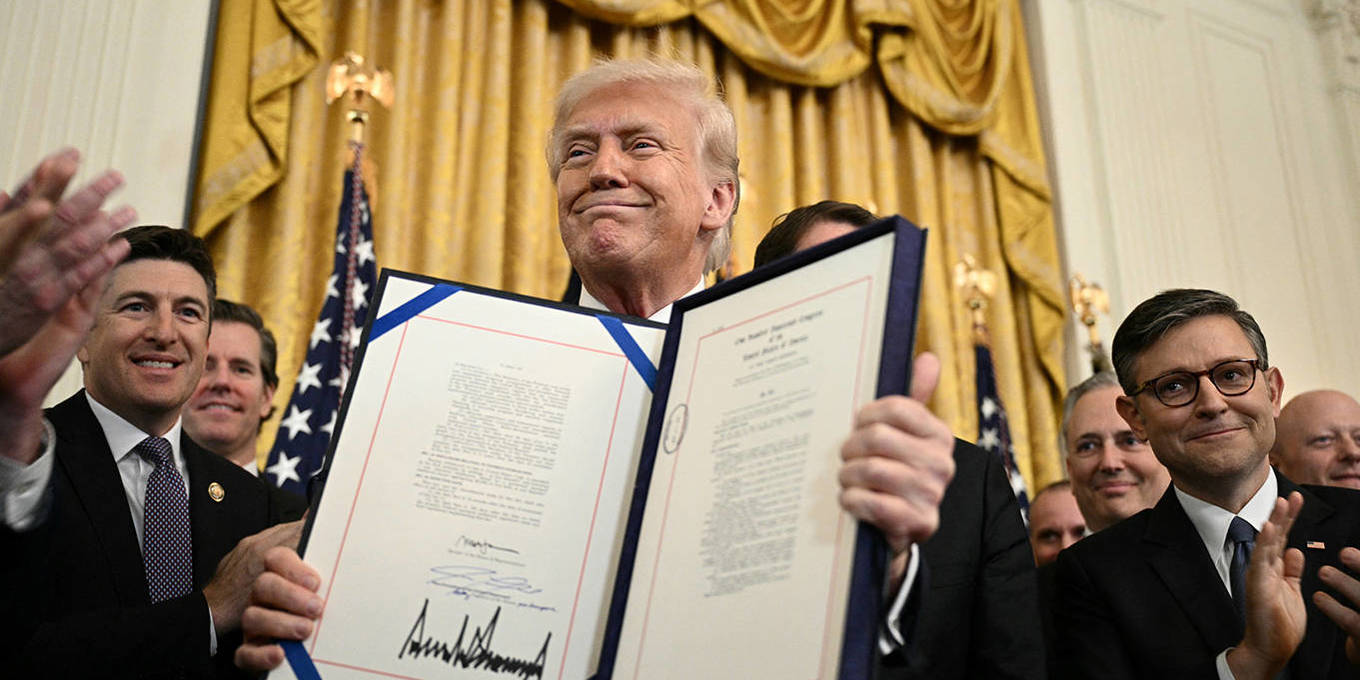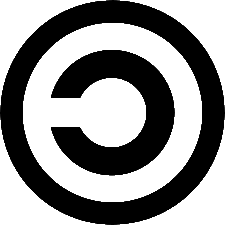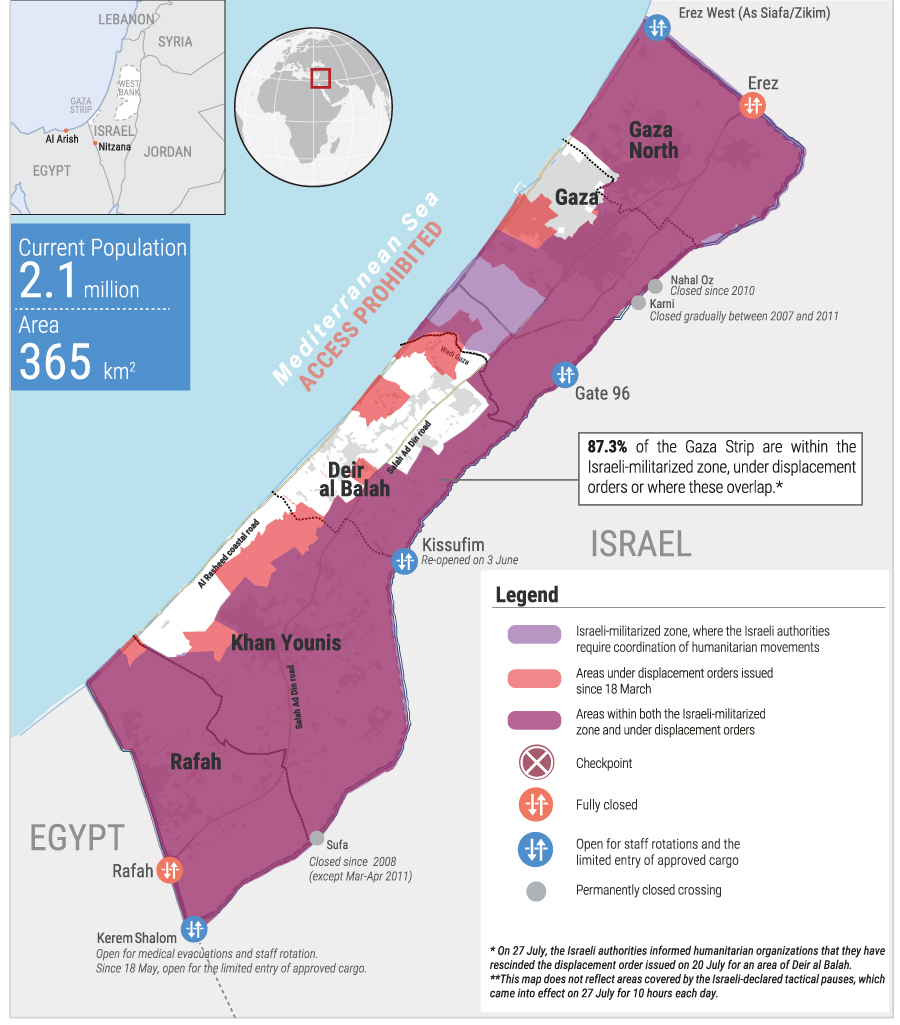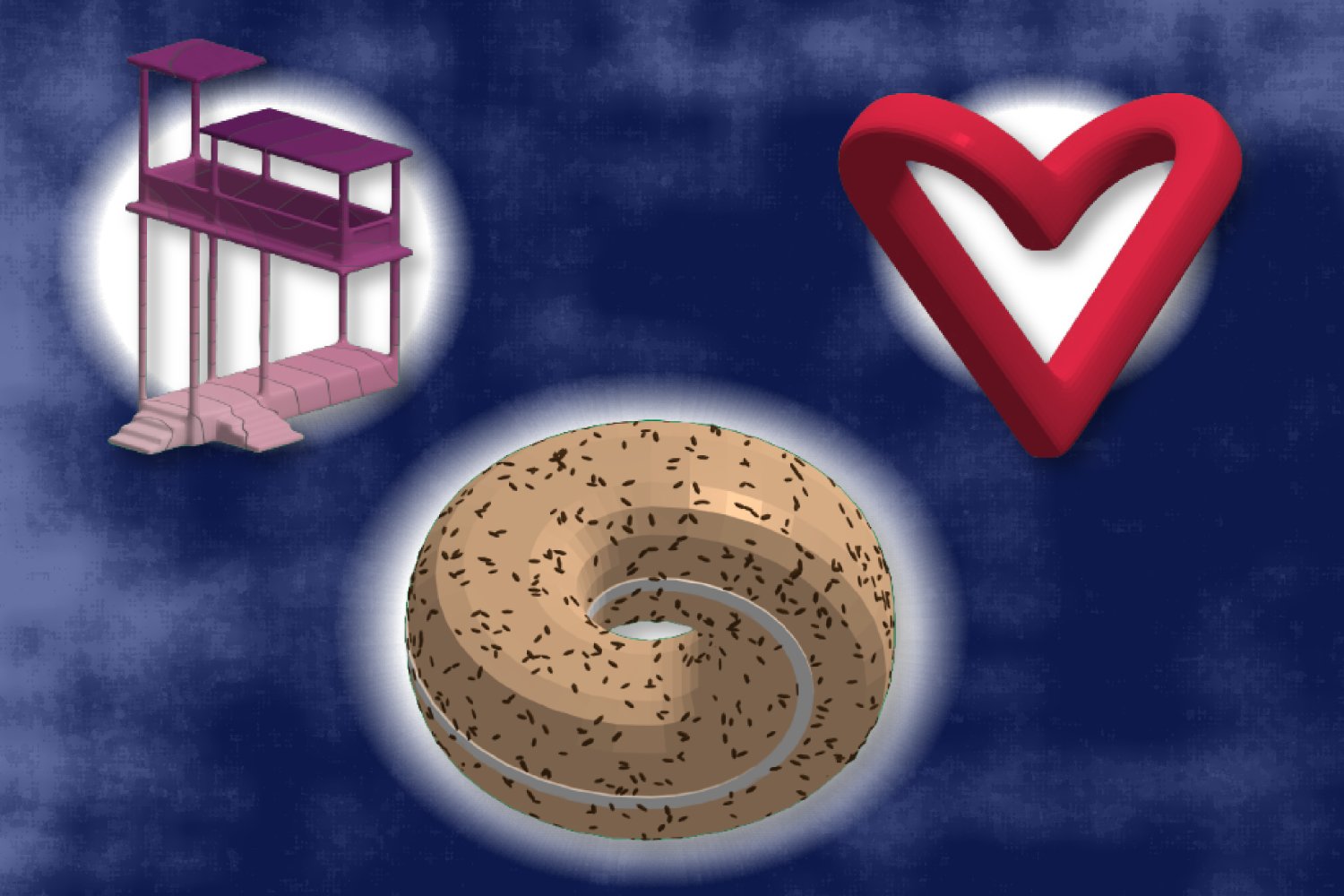Techniques for Efficiently Learning Programming Languages
Learning programming languages is a skill: do it well and you'll experience one dopamine hit after another as you master something new; do it poorly and you'll feel constantly frustrated and even give up. What follows are the best techniques for learning programming languages that I've picked up over years of teaching programming by writing books and articles, doing talks, and running a training course. Many of these techniques are pulled from books explaining the latest research in efficient learning, and you can find those books (along with other great programming books) at Community Picks: Learn Programming.
One of the worst ways to learn is to re-read or re-watch material. This kind of review gives you the feeling that you understand the topic covered because it seems like you're understanding the topic effortlessly. Researchers call this the illusion of competence.
A significantly better approach (and one of the best techniques you can employ) is to test yourself constantly. Instead of re-reading what a function or class or object is, ask yourself to define these concepts or use them in a short program; force yourself to somehow demonstrate your understanding. This process often feels uncomfortable, but it's much more efficient at forming long term memories. You can take this one step further and test yourself before you've covered the material by, for example, attempting exercises before reading a chapter. Remarkably, this has also been shown aid memory formation.













